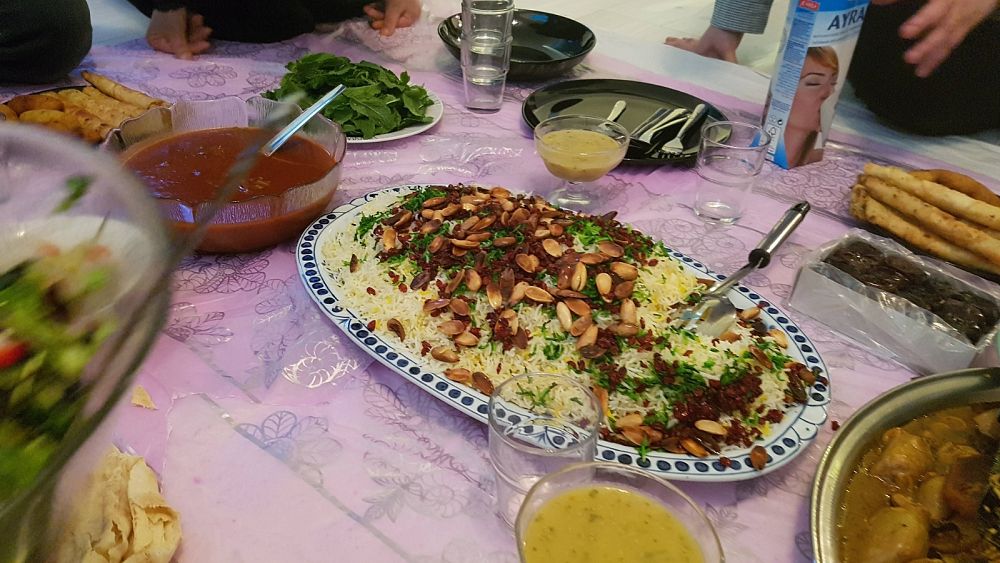
Muslims around the world are preparing for what they consider to be the holiest month, Ramadan. This year, the month of fasting from sun rise to sun set, is expected to start on or around 23 March.
Although the followers of Islam will observe the same practices for about 30 days ending with celebrations, a note of discord surfaces every year about when Ramadan begins and ends, known as the long-standing dispute dividing the Islamic world.
Some countries, such as Turkey, have already announced the date (23 March) months in advance, yet others are waiting for the decision of the moon-sighting committees of their countries, before welcoming Ramadan.
The religious authorities worldwide use the same Islamic calendar, however, each year, the start of the holy month can create a confusion for many. This is due to the different methods used to calculate the timetable, based on different teachings of the religion.
In most Muslim communities, especially in Arab countries, the beginning of Ramadan is marked by the sighting of the crescent moon in the sky with the naked eye. This practice is based on the Prophet Muhammad’s saying: “Observe fast on sighting it (the moon) and break (fast) on sighting it (the new moon)”.
In Turkey, the state-run Presidency of Religious Affairs, makes astronomical calculations to determine the dates and bases its decision on the verse in the Qur’an: “The sun and the moon are bound by a fixed calculation”.
The ways of locating the crescent is not the sole source of the dispute. Differences of opinion among religious sects deepens the division. According to the Hanafi School, the sighting of the crescent moon in any part of the world is sufficient enough to start Ramadan, while the followers of Maliki School say the sighting has to be local.
Is a common calendar possible?
There has been several attempts in the past to solve the dispute, the last one being The International Prayer Times congress 2021 held in Istanbul.
Progress was already made in 2016 at the The International Hijri Calendar Union Congress in Istanbul where representatives from 50 Muslim countries discussed the ways to agree on a single Islamic Lunar Calendar. A consensus was reached and the statement concluded that the sighting of the crescent in any part of the world should bind all, and Muslims all around the globe should celebrate the Eid al-Fitr on the same day.
However, the decision of the congress was not implemented.
While the religious authorities are still trying to meet at the common ground, there are some who believe the disagreement is politically motivated.



